The football marketing playbook: A strategy for heritage brands?
Many heritage brands stagnate because they play it safe. Football clubs do the opposite. So, what can storied brands in other sectors learn from the beautiful game’s marketing playbook?
This article first appeared as a guest contribution to The Sociology of Business, you can find it here.
The great danger for heritage brands is stagnation. Brands with long histories often forget that they have these histories because their founders were trailblazers. Sooner or later, they cease to innovate and start to play it safe.
We believe that the older a brand is, the bolder it should be.
Of course, some longstanding brands do this brilliantly. Both Loewe and Aston Martin, for example, create compelling worlds and tell unexpected stories. Many others, though, struggle to grasp this. Instead, they choose to push product, neglect brand and age with their core customer base.
This isn’t the case in football, even though many leading football clubs are heritage brands. Britain’s 10 oldest ‘modern’ football clubs were founded between 1857 and 1865. Today, many are world-class businesses; the owners of innovative and high-performing brands, with loyal international followings.
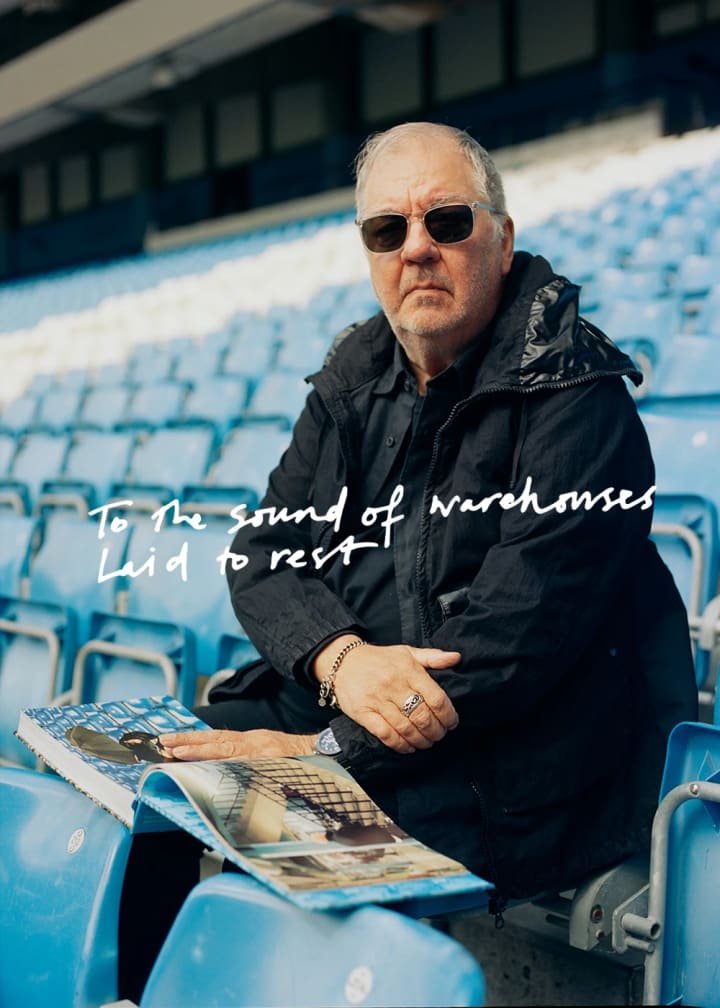

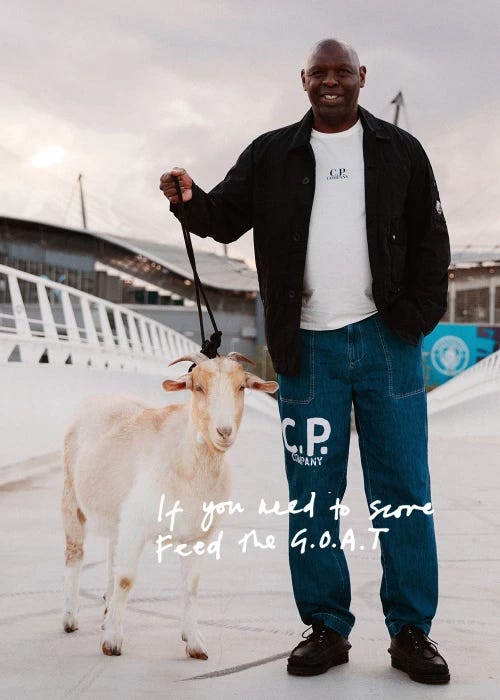
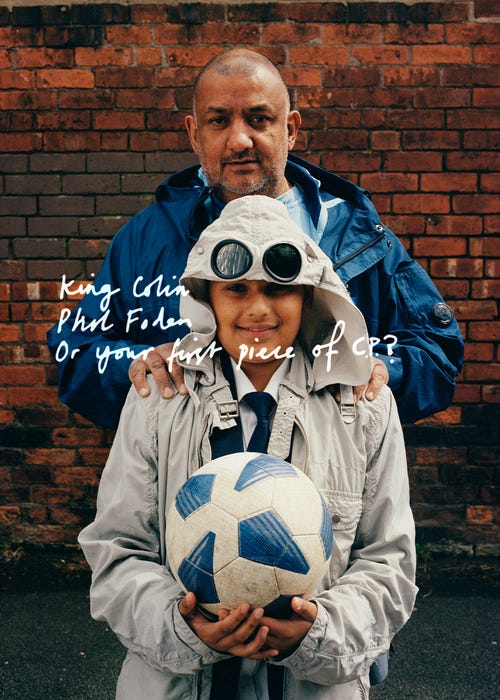
So, how does this strategy play out?
Football clubs are passed masters at reinterpreting heritage; they use it to shape their brand codes and create a sense of belonging. This can be geographical belonging (fans who support clubs because they are local), or ideological belonging (“I admire ‘X’ club, so I support ‘X’ club”).
These brand markers inform the club’s core philosophy and proposition. Think: Manchester City’s “innovation through football”, or Liverpool’s “never walk alone”. They are crystal clear about their reason for existing. “Never walk alone”, for example, articulates Liverpool’s total commitment to unity and resilience.
As with any great brand, these foundations are brought to life through emotive storytelling. Football clubs don’t sell football. They sell victory and defeat; superhuman effort; dream-making and heartbreaking in the 89th minute.
Emotional levers that clubs frequently pull on to do this include the comradeship among fans, high-stakes competition, the heroism of the players, and pride in your team, community and moments of glory.
Clubs also think smart when it comes to bringing fans into their brand world. Selling merch is couched as an invitation for fans to show support. Perks like VIP packages, discounted tickets and chances to meet players say clearly to fans “we value you”. Player-driven content enables fans to connect with their heroes through post-match interviews, training videos and ‘day in the life’ pieces. And community engagement, from school visits to charitable initiatives, connects clubs with multiple generations of fans.
Here is the lesson for heritage brands. Instead of pulling on predictable levers like “our history”, “our longstanding experience” or “our product”, pull emotional levers instead. Determine what these are and dial into them. In the luxury space, this could (and should) mean rarity, taste, status and cultural dialogue.
British Airways, for example, has been doing this exceptionally well. In the hands of Uncommon Creative Studio, BA has transformed from a lacklustre brand with a mixed reputation into an emotive marketing powerhouse. Built on the strapline of ‘a British original’, the brand’s advertising has both celebrated the individuality of its passengers, BA staff and the brand itself. Critically, ‘a British original’ speaks to heritage through the lens of originality – not age or other dry concepts like ‘experience’, or even ‘reliability’.
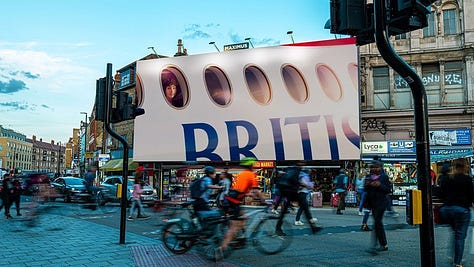
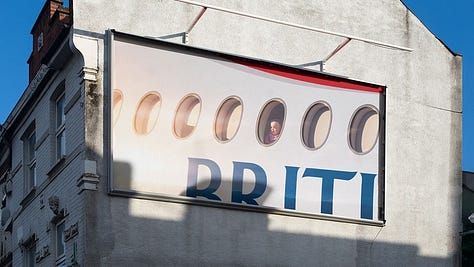
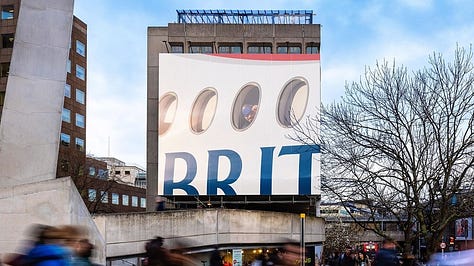
Uncommon have layered in some much-needed aspiration and, critically, they don’t push the product, they create a feeling: You can feel yourself flying high, in the company of a British original. This feeling converts into powerful and long-lasting brand loyalty.
To achieve this, heritage brands need to ‘show, not tell’. Don’t tell us that you’re good at what you do because you’re old – and don’t fixate on your product. Instead, reframe your heritage in a way that makes things human and relevant – do what BA is doing and tell an emotional story.
Football clubs do this brilliantly. Any brands with rich histories have an opportunity to do the same.




